Portugal
Portugal is a unitary state composed of parishes (freguesias), municipalities (municípios) and autonomous regions.
CEMR in Portugal – National Association of Portuguese Municipalities (www.anmp.pt)










Local governments
Parishes
The parish assembly (assembleia de freguesia) is the deliberative body of the parish and is composed of councillors elected by direct universal suffrage for a four-year period via a system of proportional representation.
Municipalities
The municipal assembly (assembleia municipal) is made up of the presidents of the municipality’s parishes and of members elected by direct universal suffrage for a four-year term. It is the municipality’s deliberative body and monitors the activities of the executive council.
Parishes
The executive committee (junta de freguesia) is the parish’s executive body and members are elected for a period of four years by and from among the parish assembly’s members. The executive committee is responsible for preparing and implementing parish assembly decisions.
Municipalities
The executive council (câmara municipal) is the municipality’s executive branch and is composed of members elected by direct universal suffrage for a four-year period. Its members can also take part in the municipal assembly; however, they cannot vote. The executive council organises and implements municipal services, such as municipal planning and public works.
Parishes
The president (presidente da junta de freguesia) is elected for a four-year mandate based on he/she being the head of the list that receives the most votes. The president chairs the executive committee.
Municipalities
The mayor (presidente da câmara municipal) is elected for a four-year mandate and as the electoral candidate at the head of the list that receives the most votes during the election of the executive council. He/she presides over the work of the executive council.
Other Portuguese local self-government units exist alongside the municipalities and parishes, including authorities such as inter-municipal communities, associations of municipalities and metropolitan areas.
A primary aimthese authorities is to coordinate the municipal investments of inter-municipal interests. Otherareas of competence include strategic, economic, social and territorial management.
-
- Rural and urban infrastructure
- Education
- Culture, leisure and sport
- Primary health care
- Social action
- Civil protection
- Environment
- Development
- Urban and rural planning
- Community protection
- Investments









Regional governments
The legislative assembly (assembleia legislativa) is composed of members elected by direct universal suffrage.
The president (president do governo regional) presides over the regional government for a period of four years.
